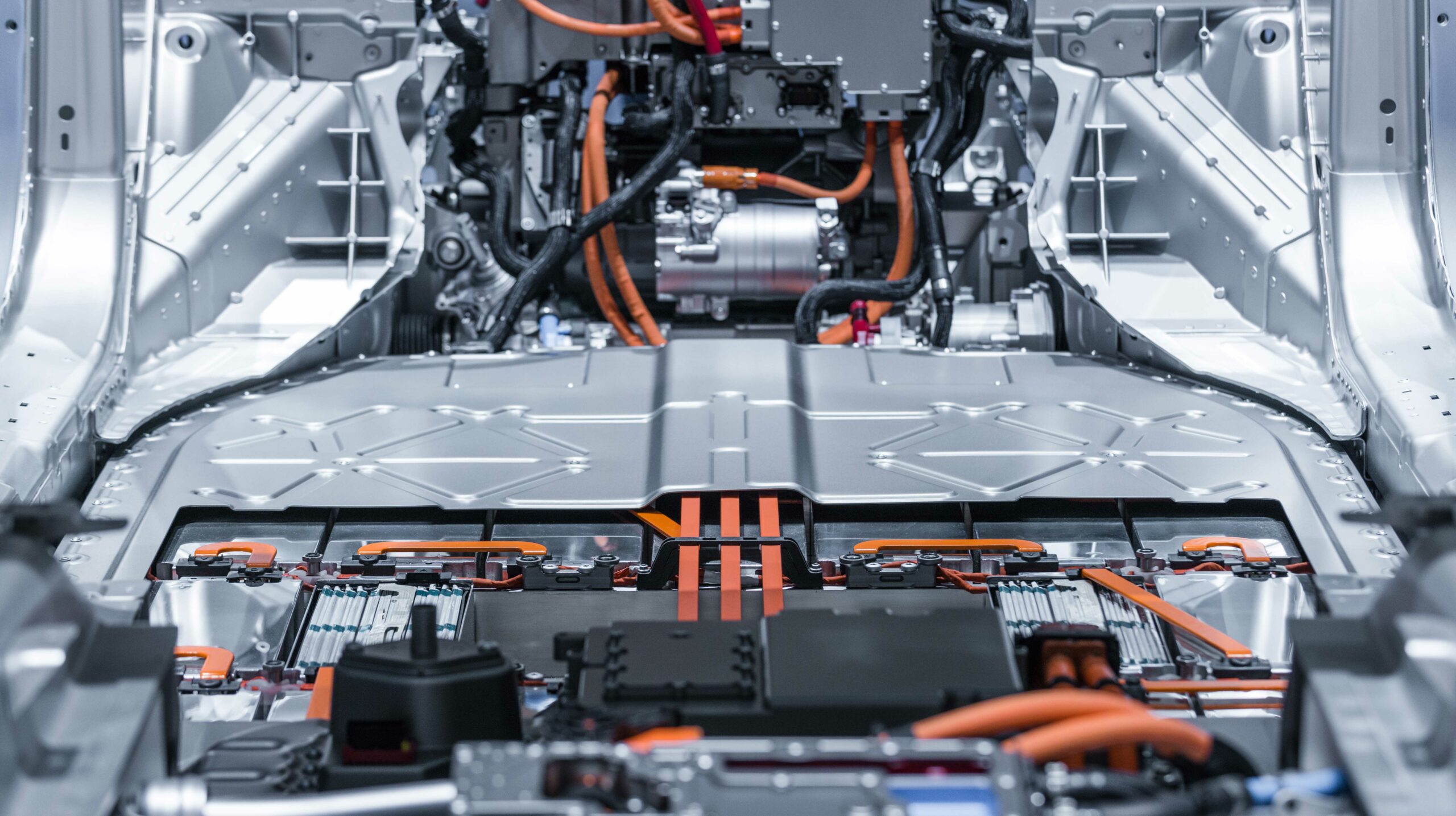
One of the biggest challenges for electric vehicles (EVs) in countries like Canada is to maintain their battery performance in extreme temperatures. Cold weather can reduce the charging efficiency and range of EV batteries, making them less reliable and convenient than traditional gasoline cars.
A Chinese startup, however, seems to have found a solution.
As reported by Bloomberg, Chinese startup Greater Bay Technology claims to have developed a new EV battery called the ‘Phoenix cell’ that uses superconducting materials and thermal management to heat up from -4°F to 77°F (-20°C to 25°C) in five minutes, allowing the battery to charge in six minutes in any weather condition, and operate as normal.
“We all know the range of EVs is greatly affected in cold regions, making it a terrible user experience,” said Huang Xiangdong, Greater Bay’s co-founder and chairman. “The Phoenix battery not only addresses the long charging time for EVs, but other pain points. It doesn’t matter if it’s a hot day or a cold day, the Phoenix battery’s range won’t be affected.”
The company also claims that its first-generation battery can fully charge within 15 minutes, offering a range of 500 km (roughly 310 miles). Further, its Phoenix battery will be available in electric vehicles from Aion, China’s third most popular EV brand. The battery reportedly has a range of 1,000 km per charge.
Greater Bay Technology is also reportedly in talks with other carmakers to use the cell. Huang said his vision is to make EVs as easy to drive and maintain as gasoline cars, which would boost their mass adoption.
Image credit: Shutterstock
Source: Bloomberg


